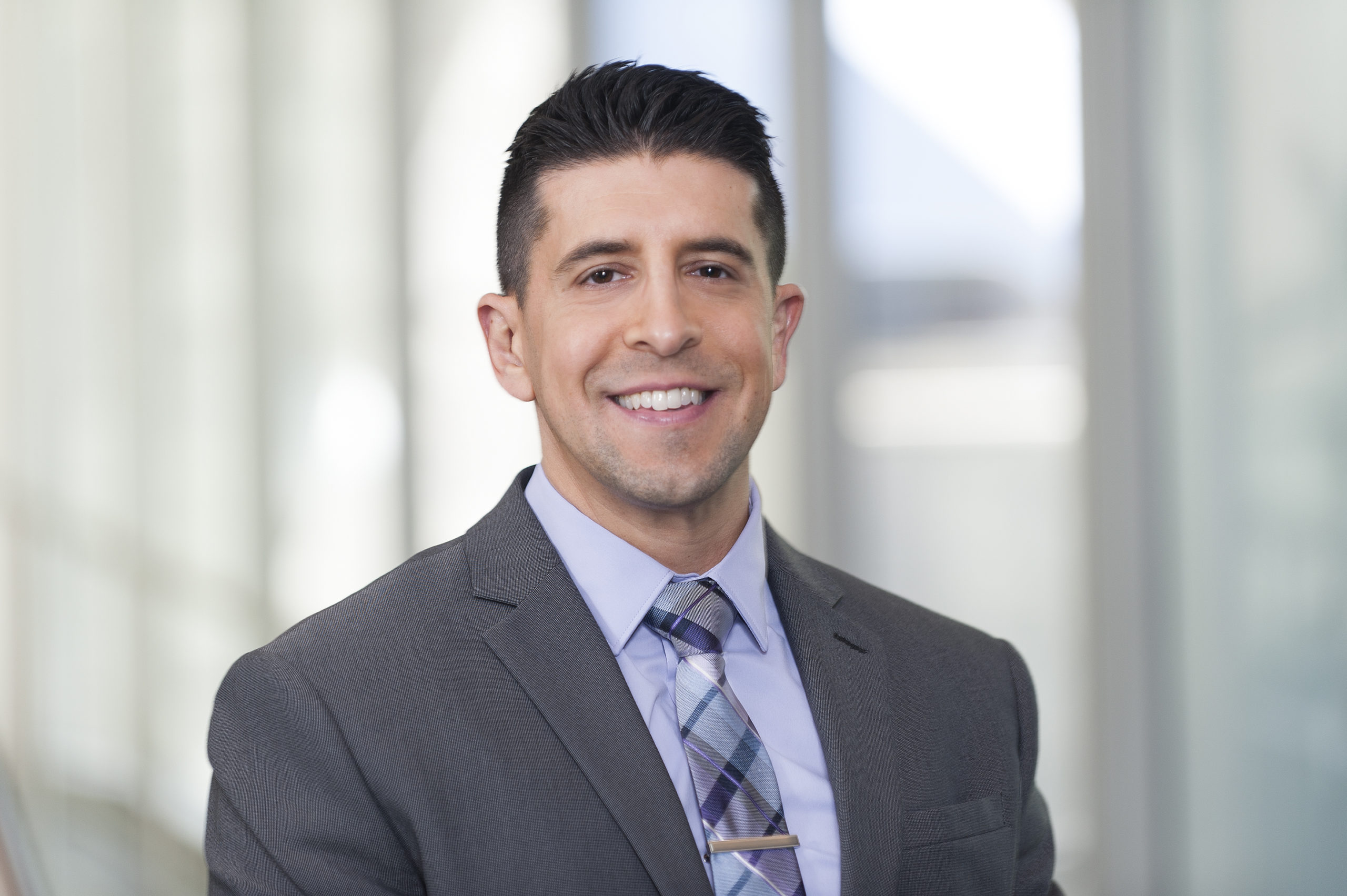A doctor from Memorial Sloan Kettering Nassau hospital in Uniondale has expressed concern that because of the COVID-19 pandemic, patients may not be getting early cancer diagnoses or treatment, crucial to successfully beating the disease.
Mike Bernstein, a radiation oncologist, said that he urges patients to get screened for cancer and continue their cancer treatment.
“We really want to drive home the fact that Memorial has always been available for high-quality treatment despite the pandemic,” Bernstein said. “We feel that once the numbers started to trend in the right direction, it’s very important to no longer put off treatments.”
Bernstein said that Memorial Sloan Kettering did delay some treatments that were low-risk and non-life saving for a few weeks when the pandemic broke out to see what kind of trends would emerge in the virus but never delayed any life-saving treatment.
Cancer patients can have compromised immune systems and Bernstein said that doctors are always extremely sensitive to that during treatment, pandemic nor no pandemic. Because of that, he said that the precautions around COVID-19 are “not much of a change for us.” MSK has ramped up the precautions even more recently.
Every patient and employee who enters the hospital goes through a screening survey through email or patient portal which assesses any symptoms they may have that are related to the novel coronavirus.
The hospital has also been staggering appointments so there won’t be too many people in the waiting room at one time. They’ve introduced curbside check-in and an expedited check-out process to reduce the time patients have to wait.
Bernstein said another concern is that most patients who come to MSK already have a cancer diagnosis; those usually come from a primary care physician.
“Our concern is that people are home sheltering in place while cancer doesn’t shelter in place,” Bernstein said.
Diagnoses can come from routine procedures such as mammograms, colonoscopies or pap smears, but with concerns about entering a doctor’s office, patients could be missing those, and Bernstein said early detection is crucial to successful treatment.
He said there are some initial reports that show a drop in the rates of breast and colon cancer diagnoses, both of which are very common.
When the pandemic ends, Bernstein said one concern doctors have is that a wave of patients will come in who have put off treatment for too long.
“We would much rather have the flood of patients come in for necessary treatment than stay in place,” Bernstein said. “We’ve been a major cancer treatment facility for over a century, we can handle it.”
Some of the problems has been alleviated somewhat by the explosion in telemedicine visits that have become more popular during the pandemic.
Bernstein said this has been a learning experience but that the feedback has been “overwhelmingly positive on both sides,” since it offers flexibility of schedule and the ability to maintain face-to-face interaction with patients. Bernstein said he doesn’t think that will replace in-person visits, but there can be a place for both.



